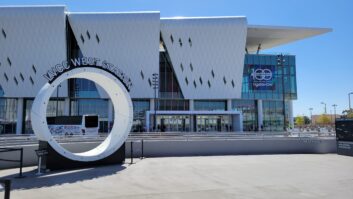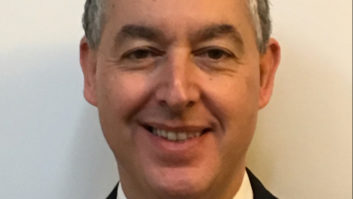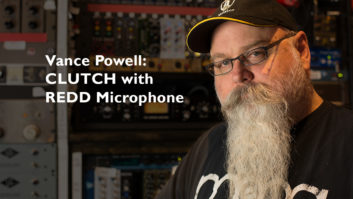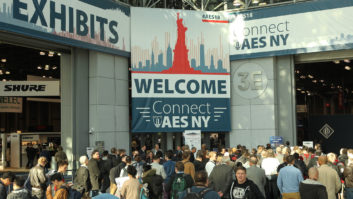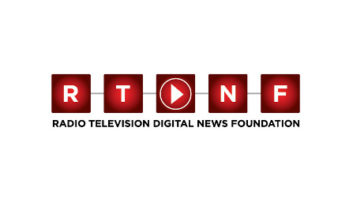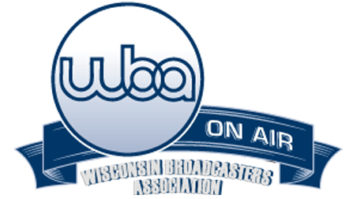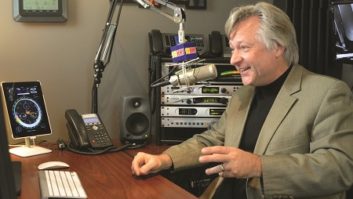After five years working for the legendary TM Studios in Dallas, Texas, Chris Stevens returned to the UK and recognized that he missed something. The country radio stations.
�I came to really love the country stations. I had no prior knowledge of country music, but I loved the stories, the musicianship, and the production values of the tracks. Before I knew it, I was a convert,� he told me in an interview via email.
Returning to the UK, however, he found no similar stations. Country stations are almost unheard of in that country. So, �as a bit of a joke,� he launched his own station: with a stream of country hits and lots of imaging.
Five years on, �Chris Country� is carried on DAB Digital Radio transmitters across the country. According to the official RAJAR radio research figures in the UK, his station now has 35,000 weekly listeners in London alone. And it�s still just one person running it: Chris himself.
The station is based in Salford�s MediaCityUK in the north of England. I asked him how he puts it together.
�I use the Myriad playout system, which I’m a big fan of. It gives me great control over the output, and the two machine have been running 24/7 for four years without any issue. The streaming encoder is SamCast, which has some superb processing on it (the entire processing chain is SamCast).�
�We’re on two traditional DAB multiplexes, and for those we enter the Arqiva private network via the base site of our main investors, Nation Broadcasting. We send them a high quality private feed for that.� Arqiva is the main transmission provider for the UK, and runs the vast majority of broadcast infrastructure in the country. �We’re also on some smaller multiplexes, and we use Odroid and NUC machines to get the signal to each site, or regular broadband. Bitrates vary depending on cost and availability. Three of our areas are DAB+, and one area is mono. Much as it’d be great to have a high bitrate stereo signal in all markets, we get very few comments on quality or encoding.�
I asked Chris why he�s bothering with broadcasting on DAB, when online radio is supposed to be the future. He answered: �Online is the future… not the now. If you live in a major city, it’s easy to forget how scrappy a 3G (let alone 4G) signal can be in more rural areas, plus the simplicity of just switching a normal radio on can’t be beaten. Plus, a lot of our potential audience don’t realize that they might like country music. They’re not going to go searching for a country app, but when we’re amongst all their “normal” choices, they’re far more likely to give us a go. Seeing as country music is about great melodies, strong lyrics and memorable hooks, we reckon they’ll stick around for a few songs.�
That�s not to say that he isn�t focusing on the online elements of the station. �The website is from the extremely talented guys at Aiir.com – it’s so user-friendly – and they also supply the apps. Our apps are fantastic. They tie in with our websites, meaning that all of our web content is available on the app. The most popular sections are the gig guide, and track listings. We also have interviews available on demand, and we’ve had lots of positive compliments.�
Chris also runs a jingle and production company: and, because of that, there�s a lot of production on the station, which makes up for the lack of presenters in most dayparts. �The production supplies the personality, a bit like a Jack format, and we’re pretty active on social media. We do also have a few shows – interestingly, the online peak of the week is Saturday mornings, when we broadcast Bob Kingsley’s Country Top 40.� The station also records acoustic sessions, and gains regular interviews with country stars who tour in the UK.
The station isn�t, yet, profitable. The biggest cost is transmission, and investment in the station has come from a successful UK radio group, Nation Broadcasting. Chris believes that it will be, however. Country music is the biggest music genre that isn�t available on terrestrial analogue radio. �We may not have the same amount of country heritage, but a great song is a great song, anywhere.�
Regrets? �Had I realized that the station would keep growing, I certainly wouldn’t have named it after myself,� Chris claims.





